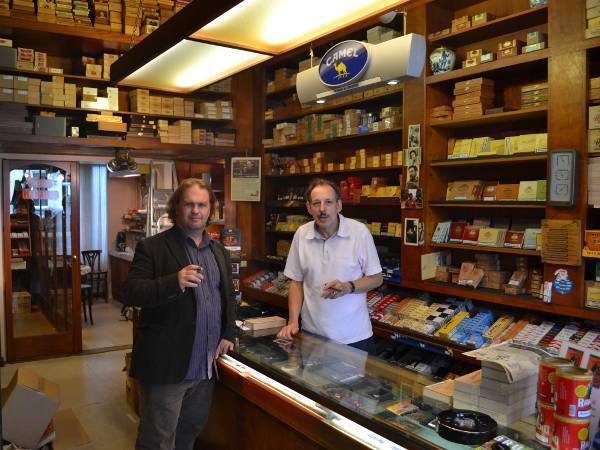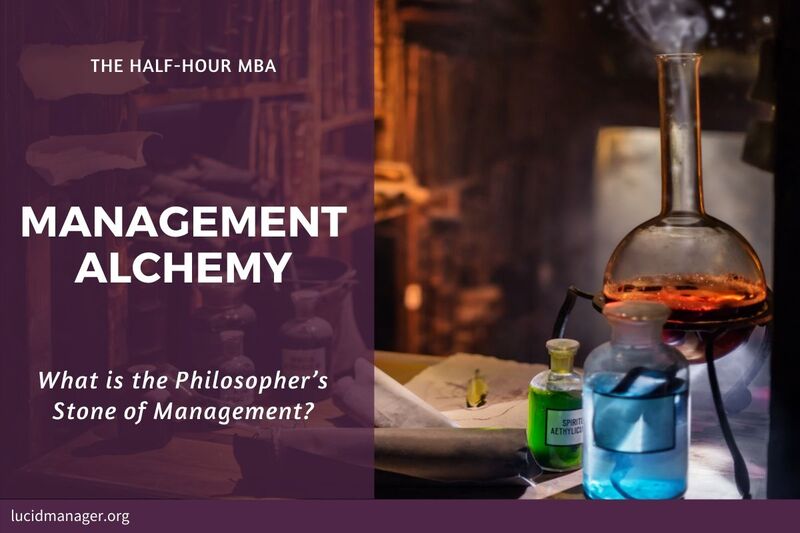
Retail Theatre: The Magic of Brick and Mortar Shops

Peter Prevos |
630 words | 3 minutes
Share this content
Retailers around the world are scratching their heads how to seduce customers to come back into their shops. Competition from online stores have seen a decline in retail turnover. This article describes how physical shops can enhance their value proposition by realising the concept of retail theatre.
In Australia, some shopkeepers criticised their customers because they prefer to purchase their stuff online. Online retailers indeed have a price advantage over local retailers because of the lower overhead. Interestingly, in a physical shop, customers pay the price of delivering the goods by physically visiting the place. In online shopping customers pay for the delivery. The real cause of why people prefer to shop online lies, however, more profound than price alone. All retail experiences are a small piece of theatre.
My Favourite Cigar Shop
Since my undergraduate days, I enjoy smoking the occasional cigar. Retailing tobacco has its complexities, given the health implications of excessive smoking. My justification is that smoking cigars is good for my metal health. The marketing principles governing their sales are, however, the same. My favourite cigar shop is Wum Otten in my former hometown of Maastricht in the Netherlands.
At my first visit to his shop, the thousands of boxes and smoking paraphernalia lining the walls fascinated me. I asked Wum for my favourite brand, but he quickly persuaded me to try something different. He shuffled around the boxes and produced a single cigar for me to try. Ever since that first visit, I have faithfully bought almost all my cigars from his shop, until I moved to Australia.

Being thousands of kilometres away from my favourite cigar store, I am faced with the boring tobacco shops in Australia. Alas, I purchase my cigars online as the places available to me do not know the product and do not provide a compelling experience. The shops are dull - only partially caused by strict anti-smoking legislation - and staff are unmotivated. Buying cigars is no longer an enjoyable experience, so I prefer the utility of online shopping.
Retail Theatre as a Metaphor and as a Reality
The idea of providing an experience is a modern development of marketing. Kim Harris, Richard Harris and Steve Baron (2001) have compared retail with a theatrical experience.
Retail theatre relies on correspondences between shopping and the stage: the backdrop and props formed by retail displays and merchandise with sales people as actors, customers as spectators and the shop floor is the stage. A salient difference between a shop and a theatre is that there is no fourth wall, no imaginary sheet of glass between the actors and the spectators and no proscenium. The customers are not just passive spectators but are active and integral components of the play.
Therein also lies the most significant difference between online retailing and brick-and-mortar shops. Online retailing engages the eyes and maybe the ears, but physical retailing provides a full sensory and social experience. Online stores have no smell; you can not touch the goods. There are also no people, which is negative but is often considered a positive.
Well designed physical shops with motivated staff provide a holistic experience that can only be beaten by online retailers on price and many case studies in marketing show that price is only one factor in purchase decisions. Recent research indicates that a positive mood, influenced by motivated retail staff and a vibrant environment, have a positive impact on shopping behaviour.1
All the more reason for retail managers to look at their shop as a theatre and positively influence the customer experience.
Paul M. Herr, Christine M. Page, Bruce E. Pfeiffer and Derick F. Davis (2012) Affective Influences on Evaluative Processing, Journal of Consumer Research (Published online 13 June 2011).
Share this content


